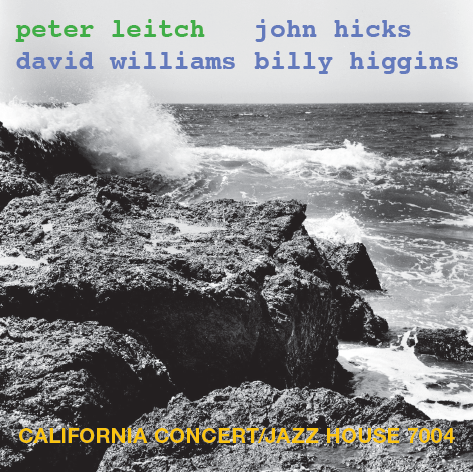A declaration of what an impassioned jazz trumpeter Woody
Shaw was is available in a limited edition seven disc set from Mosaic Records. It's titled “Woody Shaw
the Complete Muse Sessions,” and the price is $119.00. The set is worth every freaking dime, and it has the recordings Shaw made
for Muse Records during his 13 year run with the company 1974 to 1987. As a leader, he cut some primo post-bop music for the company.
Born on Christmas Eve 1944 in Laurinburg, North Carolina,
Shaw started out playing the bugle. He turned to the trumpet as a pre-teen. His
father was a gospel singer. He encouraged Shaw to become a musician. Shaw made a
name working with top post-bop and free-jazz wailers such as Eric Dolphy, Pharaoh Sanders and
Andrew Hill. At 44, Shaw died from kidney failure. He left a mammoth body of work. His Muse sessions were some of
his best work and represents a significant chunk of his legacy.
“Woody Shaw the Complete Muse Sessions” has a ton of music.
If you plan to take it on in one sitting pack a big lunch. A companion
booklet written by Shaw’s son Woody Shaw III is
included. Shaw III discussed his father’s history on top of explaining the relevance of each Muse session.
The great thing about the sessions is you witness Shaw’s growth
from a wet-behind-the-ear improviser to a post-bop maverick to an interpreter of
jazz standards. Unfortunately, “Solid“ (disc six) made up of some well-known standards from the American Songbook is disappointing. It showed Shaw’s soft side, playing some
ballads, which wasn’t his strength. Also, Shaw seemed uncomfortable with the standards.
Shaw was undeniably daring.
And he staffed his bands with jazz musicians who pushed him to unimaginable improvisational heights.
For example, on “Moontrane" (disc one), and “Love Dance” (disc two) trombonist
Steve Turre, saxophonist Azar Lawrence were on the frontline with Shaw. The blowing was so goddamn good it could’ve made a nun swear like a construction foreman.
But “Moontrane” and “Love
Dance weren't the best sessions. That honor belonged to “The Woody Shaw
Concert Ensemble Live at the Berliner Jazzstage” (disc three). Shaw, trombonist Slide Hampton, and
saxophonist Rene’ McLean blew fire. The people in the front row probably
wore fireproof clothing for protection.
On “The Iron Men” (disc four), Shaw was in full-blown free jazz mode, blowing due North with free-jazz deities saxophonists Arthur Blythe and Anthony Braxton, The collective improvising on "Song of Songs," one of Shaw's originals could cause multiple orgasms.
On “The Iron Men” (disc four), Shaw was in full-blown free jazz mode, blowing due North with free-jazz deities saxophonists Arthur Blythe and Anthony Braxton, The collective improvising on "Song of Songs," one of Shaw's originals could cause multiple orgasms.
Most post-bop fans probably have the recordings in “Woody Shaw the Complete Muse Sessions”. But for people wanting insight into Shaw's genius and legacy the box set would be a wonderful starting point.





